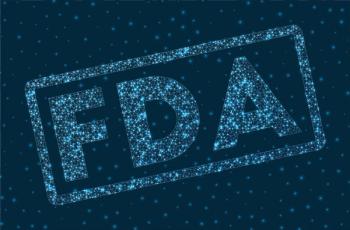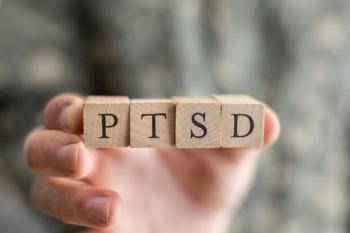It’s PTSD Awareness Day: Be Aware!
Today is PTSD Awareness Day!
PSYCHIATRIC VIEWS ON THE DAILY NEWS
In the midst of Posttraumatic Stress Disorder (PTSD) Awareness Month, it could be said that its culmination is today, PTSD Awareness Day.
Of course, historically, we have been aware of PTSD, but did not call it that. It is described in classic literature, such as the warriors of Homer’s epic Greek poems, the Iliad and Odyssey, and Melville’s Moby-Dick. Such descriptions occurred in many ensuing wars under various terms, including “shell shock.”
The Vietnam War was the more recent stimulus for more formal study, along with concomitant research on World War II’s Holocaust and rape victims, resulting in the formal classification of PTSD in our DSM III in 1980. National PTSD Awareness Month was designated by the Senate in 2014, and recognizes the importance of all kinds of trauma.
Early treatment was electric shock, followed by group therapy in the 1950s. More recently, besides various psychotherapies and medications, EMDR and the psychedelics have emerged. There are no antitrauma medications, in contrast to antidepressants, antianxiety, and antipsychotics.
What makes the call for awareness so important is to keep repeating that the emergence of symptoms—such as hyper vigilance, flashbacks, and avoidance—can be delayed for weeks, months, and even years. Triggers that relate to the original trauma can precipitate the emergence of symptoms time and again.
Some feel that there is a pretraumatic stress disorder, such as is emerging in the expectations of future increased climate instability trauma. In our June 15th video “
The good news is that PTSD can be preventable and, even if not, can lead to improvement from the prior baseline in recovery. Most obviously, it can be reduced by the social elimination of life-threatening traumas caused by mankind, as well as the harm done by multiple less severe traumas. Micro trauma also seems to insidiously contribute to burning out.
As our understanding increased, and unique among psychiatric disorders, it seemed possible to end up with posttraumatic growth, strength, and resilience. It takes community support, learning from the experience, and a new positive vision for the future. No one wants the suffering involved in PTSD, but there is some consolation when we can obtain such a positive ending. When trauma cannot be presented, it still has the potential to give way to joy as long as it is not ignored.
Time does not heal all wounds.
Dr Moffic is an award-winning psychiatrist who has specialized in the cultural and ethical aspects of psychiatry. A prolific writer and speaker, he received the one-time designation of Hero of Public Psychiatry from the Assembly of the American Psychiatric Association in 2002. He is an advocate for mental health issues related to climate instability, burnout, Islamophobia, and anti-Semitism for a better world. He serves on the Editorial Board of Psychiatric Times™.
Newsletter
Receive trusted psychiatric news, expert analysis, and clinical insights — subscribe today to support your practice and your patients.







